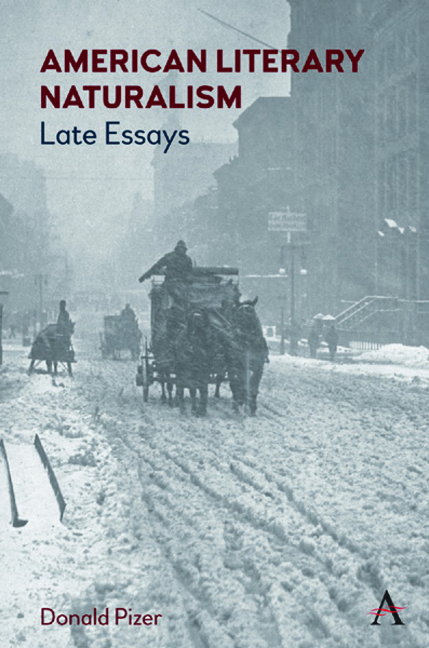5 - Norman Mailer, Theodore Dreiser, and the Politics of American Literary History
Published online by Cambridge University Press: 22 February 2022
Summary
Norman Mailer's essay “Modes and Mutations: Quick Comments on the Modern American Novel” was initially read by Mailer at the December 1965 Modern Language Association meeting. It then appeared in Commentary (March 1966) and subsequently in Mailer's collection of essays Cannibals and Christians (1966). Although the piece may strike the present-day reader as lightweight—of interest principally as an example of Mailer in full flight in his role as the enfant terrible of mid-twentieth-century American cultural polemics—it is also a work of considerable historical density. That is, its central thesis reveals much more than is initially apparent about some of the major literary, social, and political currents of its moment as these feed into an effort to construct an overarching interpretation of American literary history. In addition, while ostensibly a defense of the importance of Dreiser's fiction within this history, the essay in fact misrepresents the central thrust of that fiction in ways that helped perpetuate an inadequate understanding of its basic nature.
Mailer's thesis in “Modes and Mutations” rests on the commonplace that American novelists write poorly about members of a class other than their own. This position had earlier been reflected in Marxist argument of the 1930s that middle-class bred authors were incapable of writing truthfully about workingclass experience; Mailer revives the idea in his essay in the form of a belief that the generation of early twentieth-century American writers that had its roots in recent immigrant stock was almost uniformly unsuccessful in depicting upper-class characters and their milieus. This communicative barrier between classes, Mailer believes, occurred despite the prevalent American mythology of a largely classless society, one in which a huge middle class subsumed and thus in effect eliminated the insuperable wall between classes characteristic of European society.
Mailer offers the fiction of Theodore Dreiser in support of this position. The child of German-speaking immigrants, Dreiser during his working-class youth experienced a wide variety of ill-paying and degrading jobs while living in the midst of a family collapsing under the pressures of poverty and of the need of its youngest members to escape its confinement. Dreiser had been indelibly imprinted by this immersion in “the game as it is played,” as he himself later described the social context of his fiction.
- Type
- Chapter
- Information
- American Literary NaturalismLate Essays, pp. 67 - 80Publisher: Anthem PressPrint publication year: 2020



